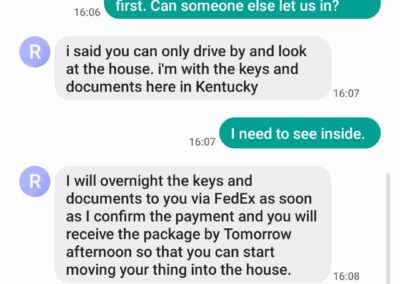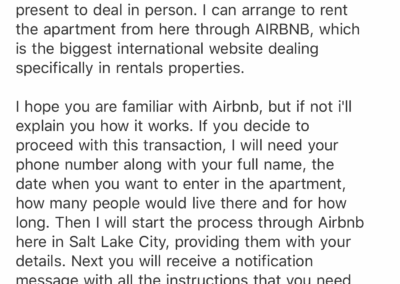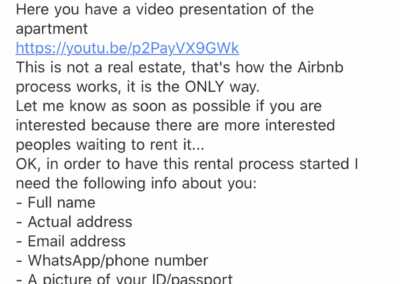Protecting Yourself from Rental Apartment and Home Scams
Tips for Safe Housing Searches
Finding the perfect rental apartment or home can be an exciting prospect, but unfortunately, there are scammers out there looking to take advantage of eager renters. Rental apartment and home scams are prevalent, with fraudsters employing various tactics to deceive individuals and steal their money or personal information. In this blog post, we’ll explore common rental scams and provide actionable strategies for protecting yourself from falling victim to these fraudulent schemes.
Understanding Rental Apartment and Home Scams
Rental scams can take various forms, but some common tactics used by scammers include:
-
Fake Listings: Scammers may create fake rental listings for apartments or homes that don’t exist or are not available for rent. They may use attractive photos and descriptions to lure renters and collect application fees or security deposits without providing any accommodation.
-
Phishing Scams: Some scammers use phishing emails or messages to impersonate landlords or property managers, claiming to have rental properties available. They may request personal information or payment upfront for viewing appointments or application processing fees.
-
Sublet Scams: In sublet scams, scammers pose as tenants looking for someone to sublet their apartment or home while they’re away. They may ask for rent payments upfront but have no intention of providing access to the property.
How to Protect Yourself from Rental Scams
To safeguard against rental apartment and home scams and protect your finances and personal information, consider the following preventive measures:
-
Research Thoroughly: Before responding to rental listings or contacting landlords, research the property and its rental history. Use reputable rental listing websites and verify the legitimacy of the listing by comparing it with other sources.
-
Visit the Property in Person: Whenever possible, schedule a visit to the rental property and inspect it in person. Beware of landlords or property managers who refuse to allow viewings or provide excuses for not being available.
-
Beware of Red Flags: Watch out for red flags such as requests for upfront payment before viewing the property, pressure to sign a lease or make a decision quickly, or discrepancies in the rental terms compared to other listings in the area.
-
Verify Landlord Identity: Verify the identity of the landlord or property manager by requesting proof of ownership or identification. Be cautious of landlords who are hesitant to provide this information or cannot be reached by phone or in person.
-
Use Secure Payment Methods: Avoid paying cash or wiring money to landlords or property managers before signing a lease or viewing the property. Use secure payment methods such as credit cards or checks that provide a paper trail and offer fraud protection.
-
Trust Your Instincts: If something feels off or too good to be true, trust your instincts and proceed with caution. Take your time to research and verify the legitimacy of the rental listing and the individuals involved before making any commitments.
Rental apartment and home scams pose a significant threat to renters’ finances and peace of mind, but with awareness and vigilance, you can protect yourself from falling victim. By researching thoroughly, visiting properties in person, watching out for red flags, verifying landlord identity, using secure payment methods, and trusting your instincts, you can safeguard yourself against fraudulent rental schemes. Stay informed, stay protected, and find your perfect rental home without the risk of scams.







